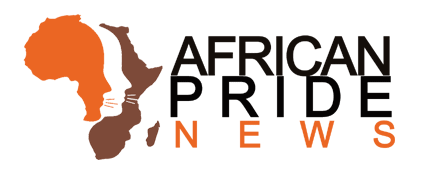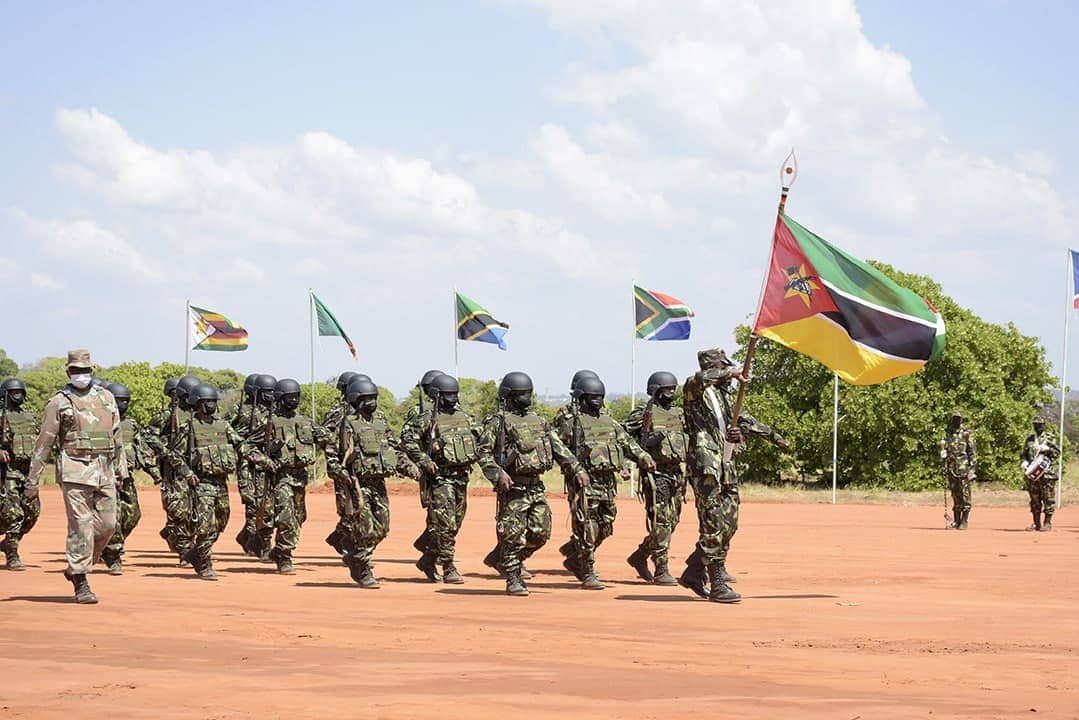
Recent developments in Cabo Delgado province illustrate the issues to be faced in northern Mozambique in 2024. Firstly, the attacks in Macomia and Muidumbe districts signaled the resilience of Islamic State Mozambique (ISM) in those areas and the Mozambique Defence Armed Forces’s (FDS) inability to control territory in those parts of the province. Secondly, the attacks highlighted the security vacuum that may arise if the Southern African Development Community Mission in Mozambique (SAMIM) pulls out in July 2024. Finally, the cholera-related disturbances in the south of the province illustrate the challenge that the state faces in building people’s trust in it.
ISM has been moving freely in parts of Muidumbe district, and on the coastal strip of Macomia district for some time. The two areas present different security challenges in 2024. In Muidumbe, ISM operates from camps on the Messalo river and has an antagonistic relationship with the local population. For 2023, ACLED records ISM involvement in 15 incidents targeting civilians, killing 18 people. In locations on the Macomia coast, on the other hand, ACLED records just seven such incidents, with only one fatality.
This is a serious challenge for FDS. Nationwide they are hampered in the first instance by capacity. Troops in the field are ill-equipped, ill-fed, and at times paid late. Lack of local knowledge in Cabo Delgado in particular hampers operations. In Muidumbe, this has led to reliance on the newly formed Local Force in Muidumbe. This force has developed in areas where Frelimo is strong. In contrast, Frelimo has limited support in the coastal areas of Macomia and so the local knowledge that such forces can bring is lacking. This leaves FDS exposed to the type of attacks seen on 26 December in Mucojo and Pangane villages.
How to secure the Macomia coast will be a significant issue in 2024. The district falls within SAMIM’s area of responsibility, and is primarily served by the South African contingent based at Macomia town. Yet even with that support, FDS has been unable to secure the coastal strip. This is particularly concerning with the decision for SAMIM forces to pull out by July 2024 reiterated by President Mokgweetsi Masisi of Botswana during his visit in December to the province. A complete withdrawal will likely lead to either ISM developing a more permanent presence in coastal Macomia, or the expansion of the Rwandan Security Forces (RSF) mandate to the area. The latter is quite possible. RSF has often been deployed to northern Macomia district and was recently engaged in joint operations with FDS and SAMIM in Catupa forest.
Continuing capacity issues, the ISM threat, and the likelihood of the liquefied natural gas (LNG) project resuming also mean that external support from foreign powers is likely to continue. This includes support to the Defense Armed Forces of Mozambique (FADM) from the European Union, the United States, and China. Coordinating this support in a way that allows a consistent military doctrine to develop will continue to be a challenge for FADM and for its partners.
Last month’s killings of officials working on the response to the cholera outbreaks in Chiure and Montepuez districts suggest that the greatest issue in 2024 will remain people’s trust in government. The killings, and destruction of health facilities, are driven by enduring distrust of elites manifested as a belief that elites want to kill ordinary people and that they use the mechanisms of the cholera response to do so. The phenomenon predates the insurgency, having previously occurred during cholera outbreaks in 1999, 2001, 2009, 2019, and 2020. It will take significant time and investment to build weakened state structures across the north. The emergence of TotalEnergies as a proxy state of sorts underlines how much TotalEnergies decision to resume the LNG or not matters, and the range of impacts that may have on the province.

